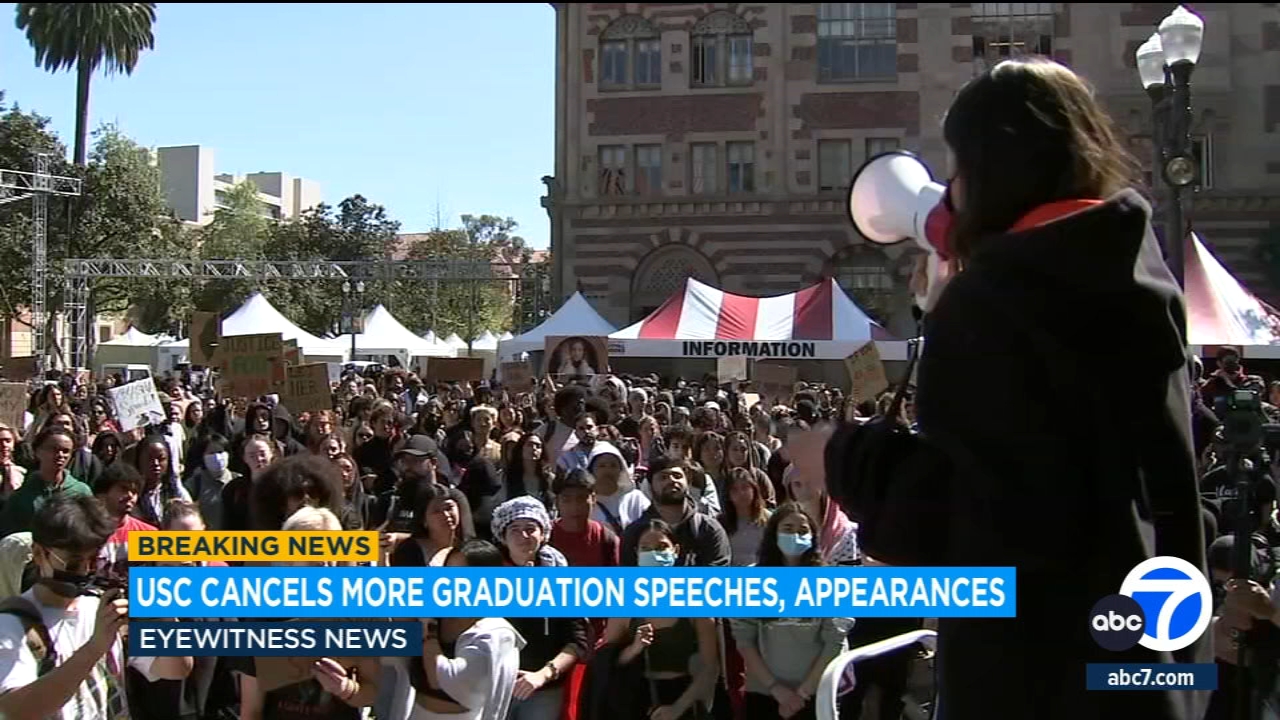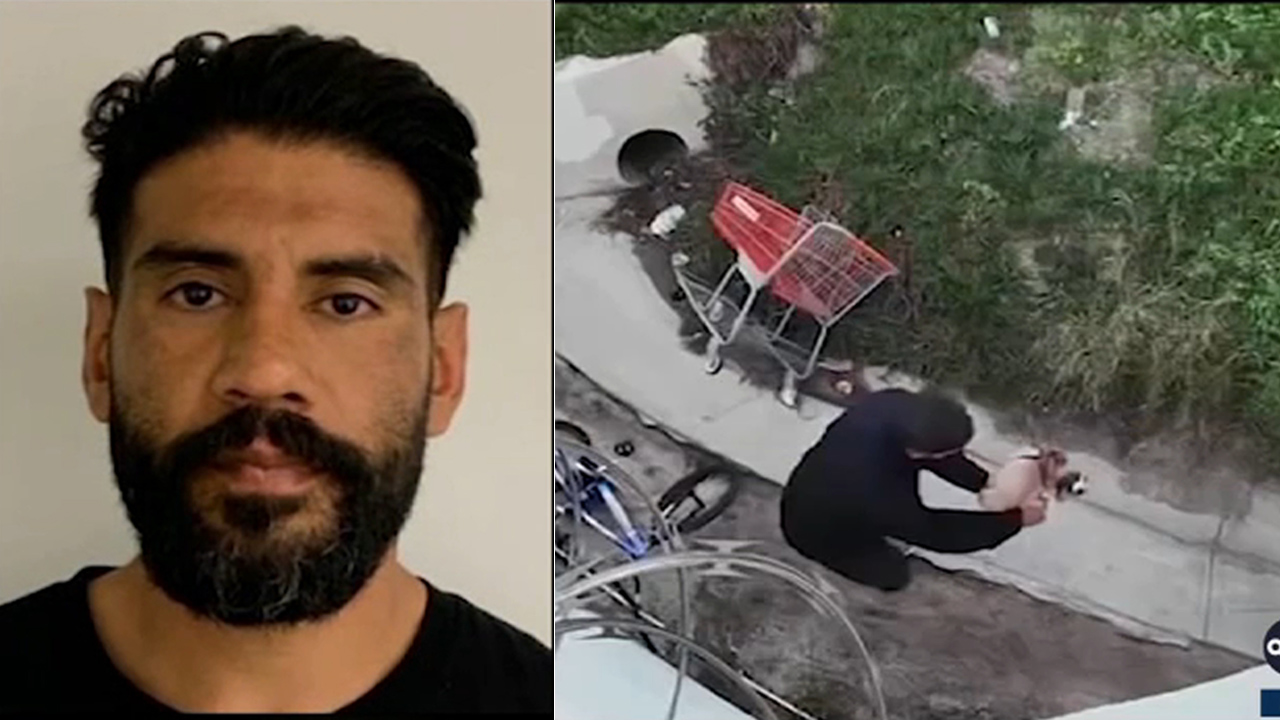Congress Seeks a Screening of 'The Interview'

Congress is looking to get into the movie business.
Not for just any movie, of course. Before Sony Pictures announced today that there would be a "limited theatrical release" of "The Interview," there was a growing bipartisan call for Washington to host a screening of the Seth Rogen-James Franco comedy shelved by Sony in the wake of an unprecedented hacking scandal and threats of violence that followed.
Rep. Brad Sherman, D-Calif., offered up the movie theater in the Capitol Visitor Center for an early January screening that would include members of Congress and senior staff. He said policy-makers should know what the buzz is about -- and that North Korean leaders should know they can't stop American artistic expression.
"The message is that American free speech will not be stifled," Sherman told ABC News before Sony announced its reversal today. "This was an attack on our free-speech values. It was not just an attack of economic vandalism. It was an attack of terrorism designed to scare American families away from cineplexes."
Sherman, whose congressional district includes a large Korean-American population and is also home to thousands of movie executives, said he's willing to work with Sony Pictures Entertainment to hold a screening that doesn't interfere with other distribution arrangements.
He does, however, have a particular request: He doesn't want to see the theatrical version of the already infamous Kim Jong-un assassination scene, which leaked e-mails suggest is less gory than the one Rogen had originally planned.
"I'm hoping they send us the director's cut, with Kim Jong-un's head fully exploding," Sherman said.
Aside from Sherman's request, at least two senators are calling on Sony to make the film available for screenings. Those requests suggest a touch of politics -- not just national pride or even international diplomacy -- behind some of the calls from Capitol Hill.
Sen. David Vitter, R-La., has sent a letter to President Obama asking for a special White House screening of "The Interview," with members of Congress invited to watch the movie and then have a "serious discussion" about "retaliatory measures we plan to take as a nation against cyber attacks."
"Such strong action is particularly needed because the United States is seeing the effects in this scenario of your Administration's past weak policies, which have irreversible outcomes," Vitter wrote in a pointed, publicly released letter to the president.
Sen. Mark Kirk, D-Ill., said he's seeking to screen the film at a campaign fundraiser to help make it a "smash hit" and "teach the North Koreans a lesson about what Americans can and cannot do." Kirk is up for re-election in 2016, and is emerging as a top Democratic target in the next election cycle.
The president deflected a question about whether he plans to watch the film himself. Asked about it at his year-end news conference last week, he said he's "got a long list of movies I'm going to be watching" while on vacation, but that he "never" releases his "full movie list."
But Obama also slammed Sony for pulling the film from his scheduled Christmas Day release.
"Yes, I think they made a mistake," the president said.
Contacted about the calls from Congress, a Sony representative did not immediately respond to a request for comment today. The company has made clear that it's actively seeking distribution options for the film, whether in theaters or online, though less focus has been given to other screenings like those now being proposed in Washington.
Such an event could have unintended consequences, however. Katharine H.S. Moon, a Korea Studies fellow at the Brookings Institution, said a screening at the White House or the Capitol would inject more politics into the American response to the hacking.
It would also elevate the Sony case far above other corporate hacks involving larger foreign governments, including China and Russia, Moon said. And it could feed North Korean assertions that there's no real distinction between the U.S. government and the popular culture produced and consumed by Americans, she said.
"The North Koreans would most likely read it as, 'You see, the U.S. government and Hollywood are not separable,'" she said. "I would hate for any activity on the part of the U.S. to feed that kind of insinuation."
But Sherman said having a screening for Washington policy-makers would send a powerful message to the North Korean leadership. He also wants to double the $8 million the United States spends annually to reach the North Korean people, via Radio Free Asia and Voice of America, as part of a "double dose of free speech."
"Kim Jong-un doesn't want anybody to see the movie. One of many symbolic responses we could have is Congress seeing the movie," he said. "We could do this now."




